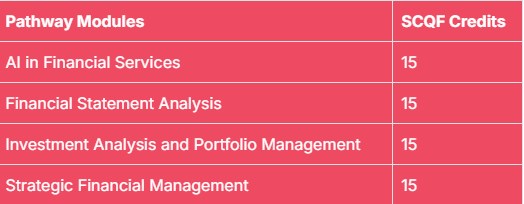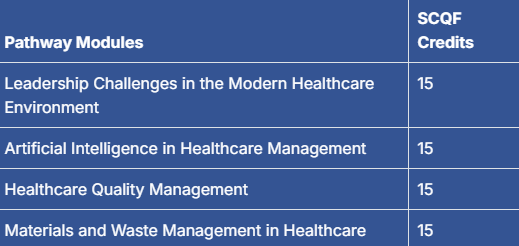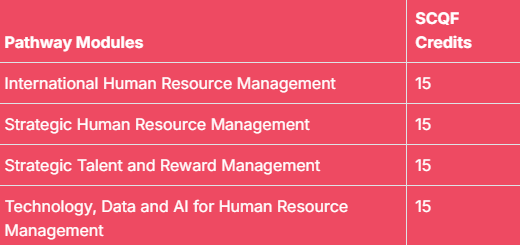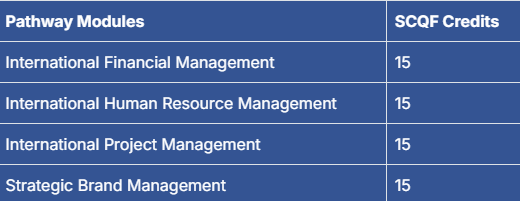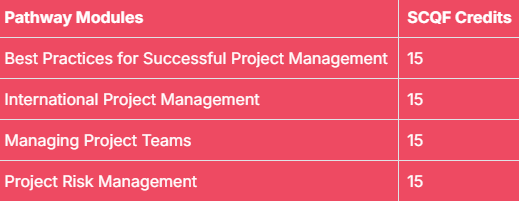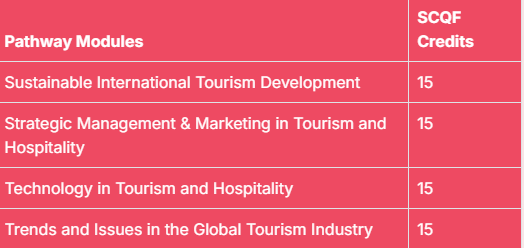The International Professional Diploma in Business Management (SCQF Level 11 Diploma) is a flexible postgraduate program designed to provide professionals with advanced knowledge and skills in business management.
This program offers a unique opportunity for participants to specialize in one of eight tailored pathways, allowing them to align their learning with their career goals and industry demands.
Combining core business modules with specialized options, this diploma equips learners with the tools to address modern business challenges and enhance strategic decision-making.
With a focus on practical application and academic rigor, the program is ideal for individuals seeking to advance their careers or transition into leadership roles across diverse industries.
Graduates of this program under the DGBS Power MBA can benefit from progression opportunities, including credit transfer towards an MBA or equivalent postgraduate qualifications with partner universities.
The diploma’s flexible structure, coupled with recognition of prior learning, ensures it accommodates the needs of working professionals and lifelong learners.

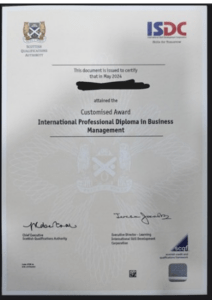
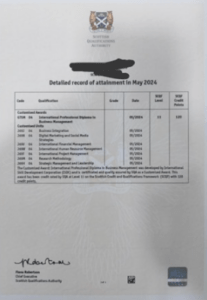
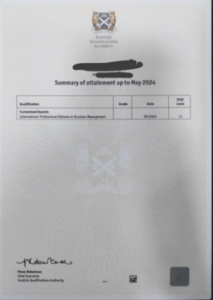
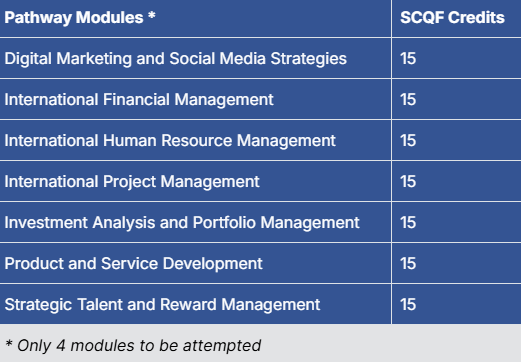 .
.